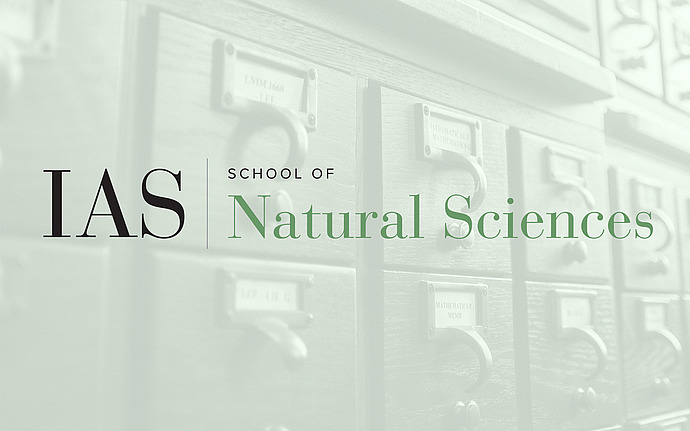
Institute for Advanced Study Informal Astrophysics Seminar
The Scientific Potential of Third-Generation Gravitational-Wave Detectors
The discoveries of gravitational waves from binary black hole and binary neutron star coalescences suggest these sources will be observed in large numbers by advanced detectors. Thanks to these observations, individual systems and the underlying population can be characterized. However advanced detectors will only be sensitive to sources within a redshift of ~1. By contrast, the next generation of ground-based instruments, such as the Einstein Telescope and Cosmic Explorer, will access a large fraction of the universe. These instruments will, for example, detect 10^5 binary black holes per year, many of which with large signal-to-noise ratios, up to redshift of ~10. At the same time, these new instruments will significantly increase the probability of detecting rare or weak sources. In this talk I will describe the scientific potential of proposed third-generation gravitational-wave detectors.
Date & Time
June 20, 2019 | 11:00am – 12:00pm
Location
Bloomberg Hall, Astrophysics LibrarySpeakers
Salvatore Vitale
Affiliation
Massachusetts Institute of Technology